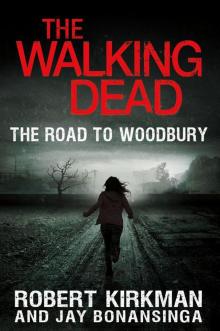 The Walking Dead: The Road to Woodbury
The Walking Dead: The Road to Woodbury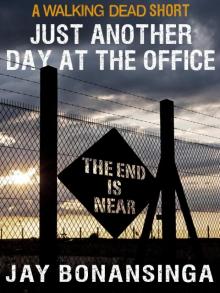 Just Another Day at the Office
Just Another Day at the Office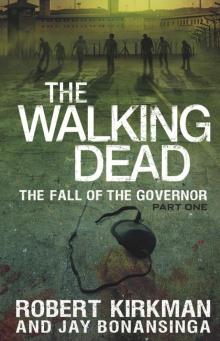 The Fall of the Governor: Part One
The Fall of the Governor: Part One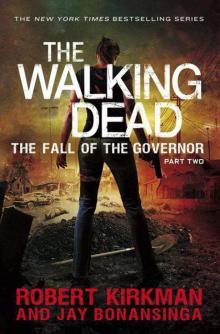 The Walking Dead: The Fall of the Governor: Part Two
The Walking Dead: The Fall of the Governor: Part Two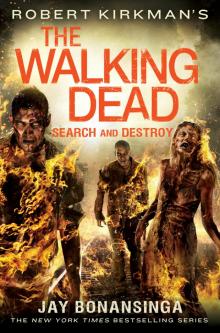 Search and Destroy
Search and Destroy Invasion
Invasion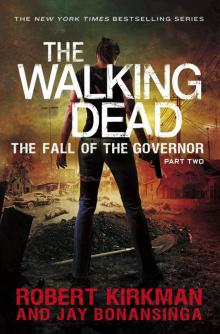 The Fall of the Governor: Part Two
The Fall of the Governor: Part Two The Walking Dead Collection
The Walking Dead Collection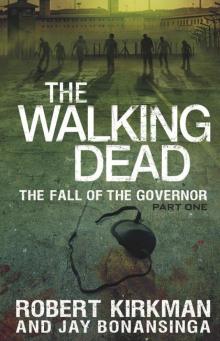 The Walking Dead
The Walking Dead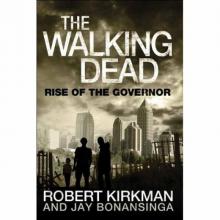 Descent
Descent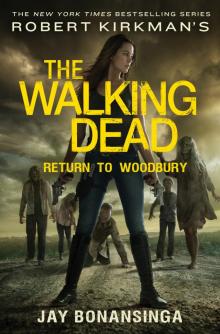 The Walking Dead: Return to Woodbury
The Walking Dead: Return to Woodbury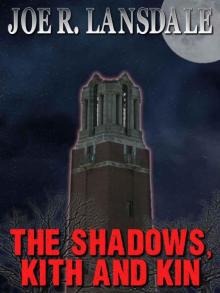 The Killer's Game
The Killer's Game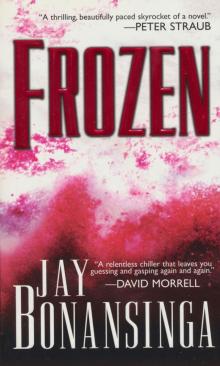 Frozen
Frozen Shattered
Shattered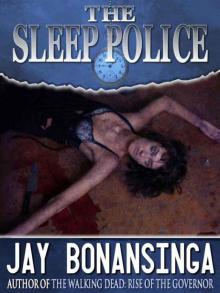 The Sleep Police
The Sleep Police Perfect Victim
Perfect Victim